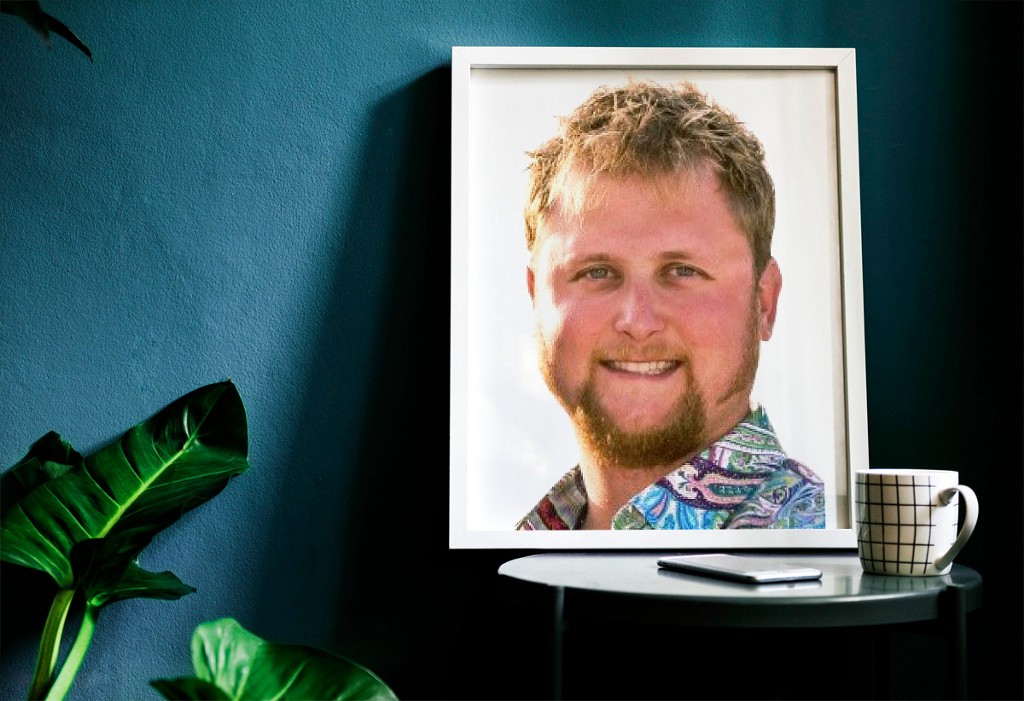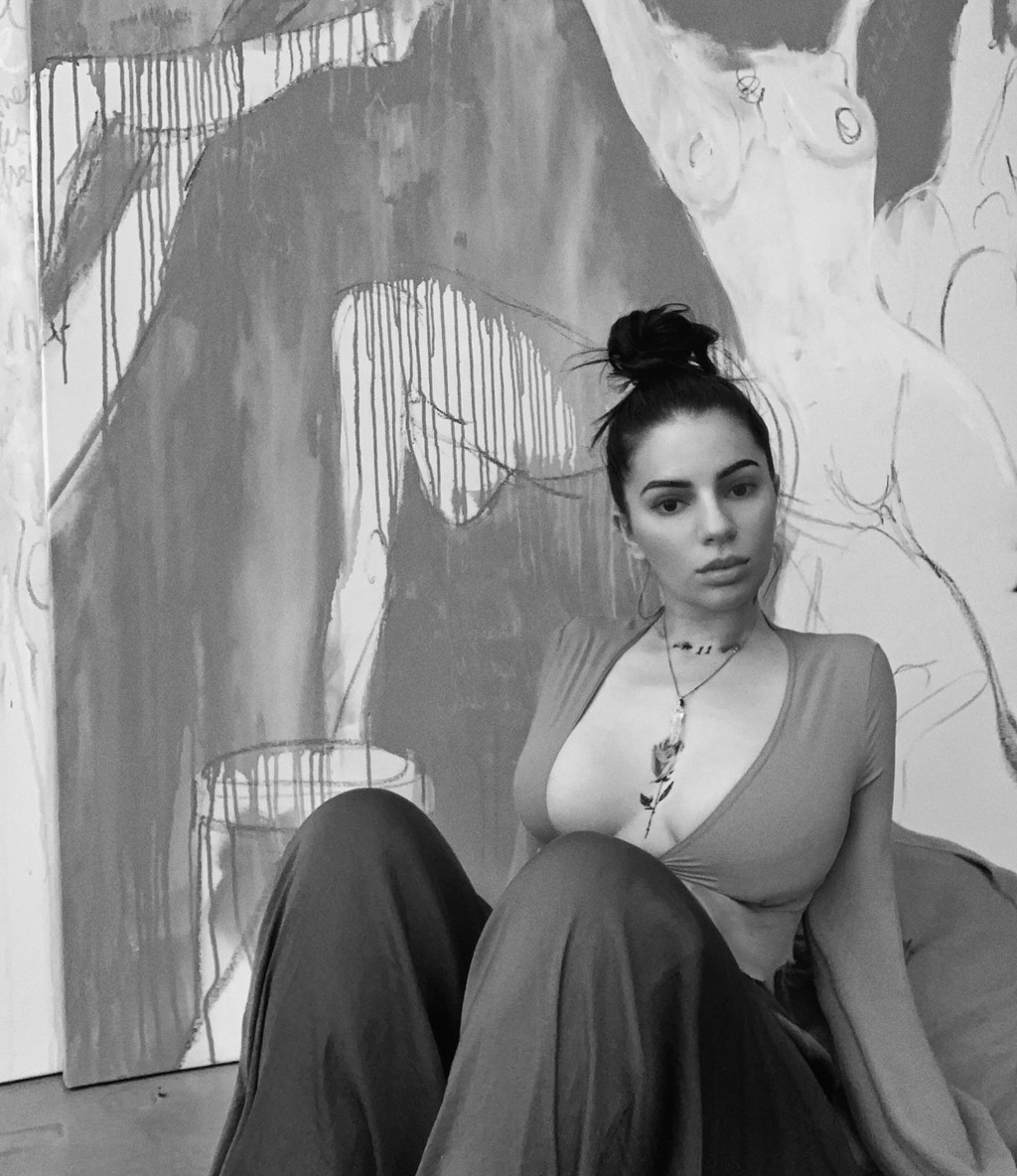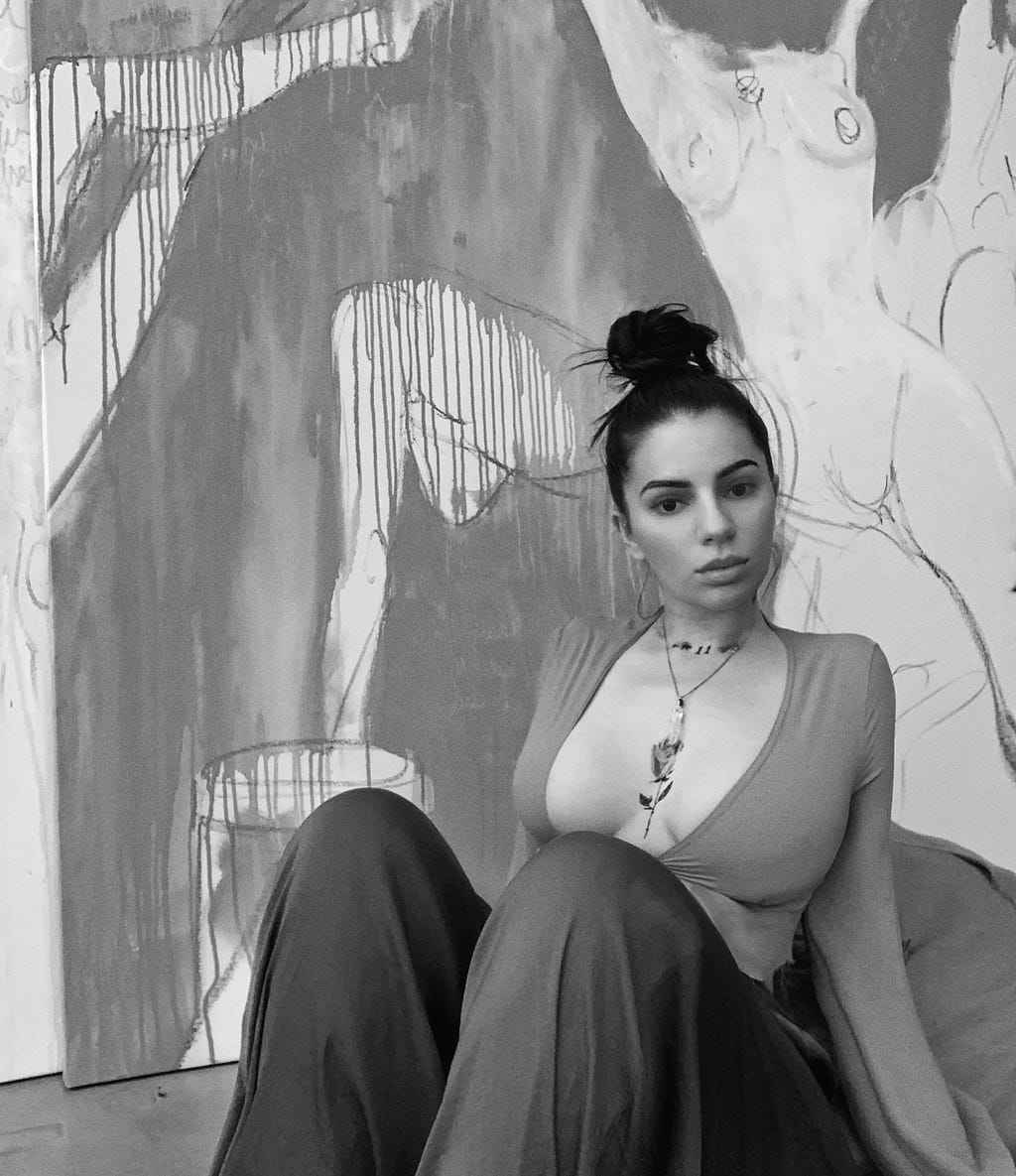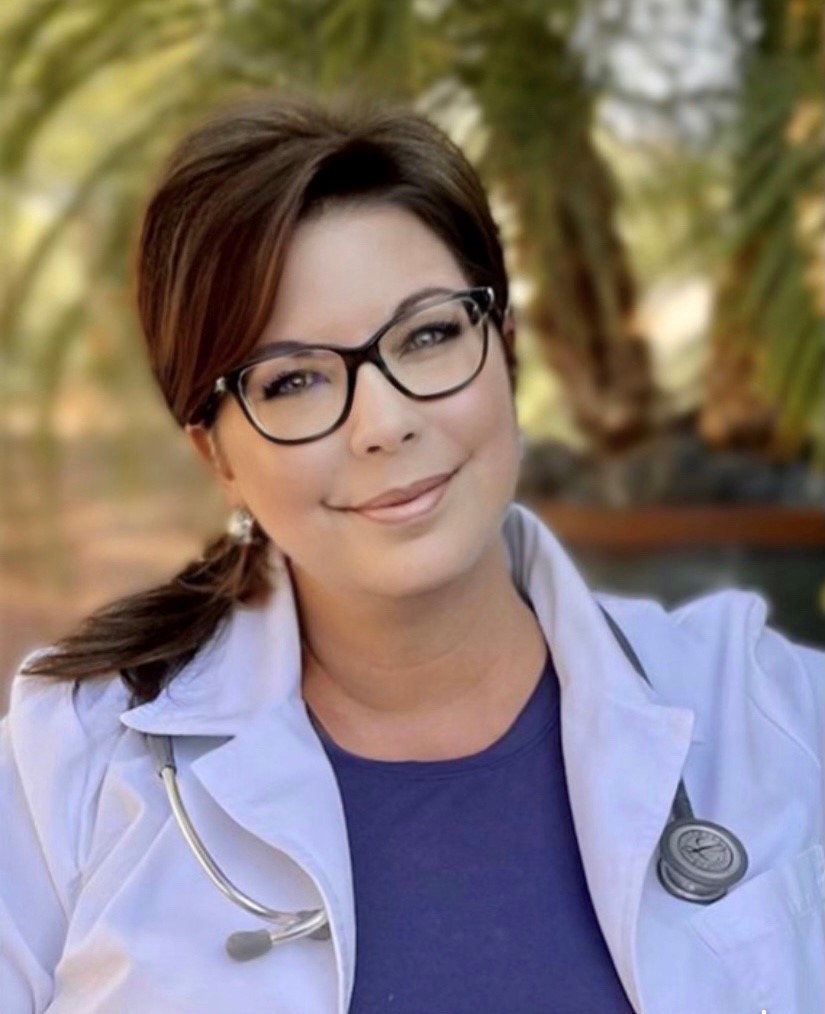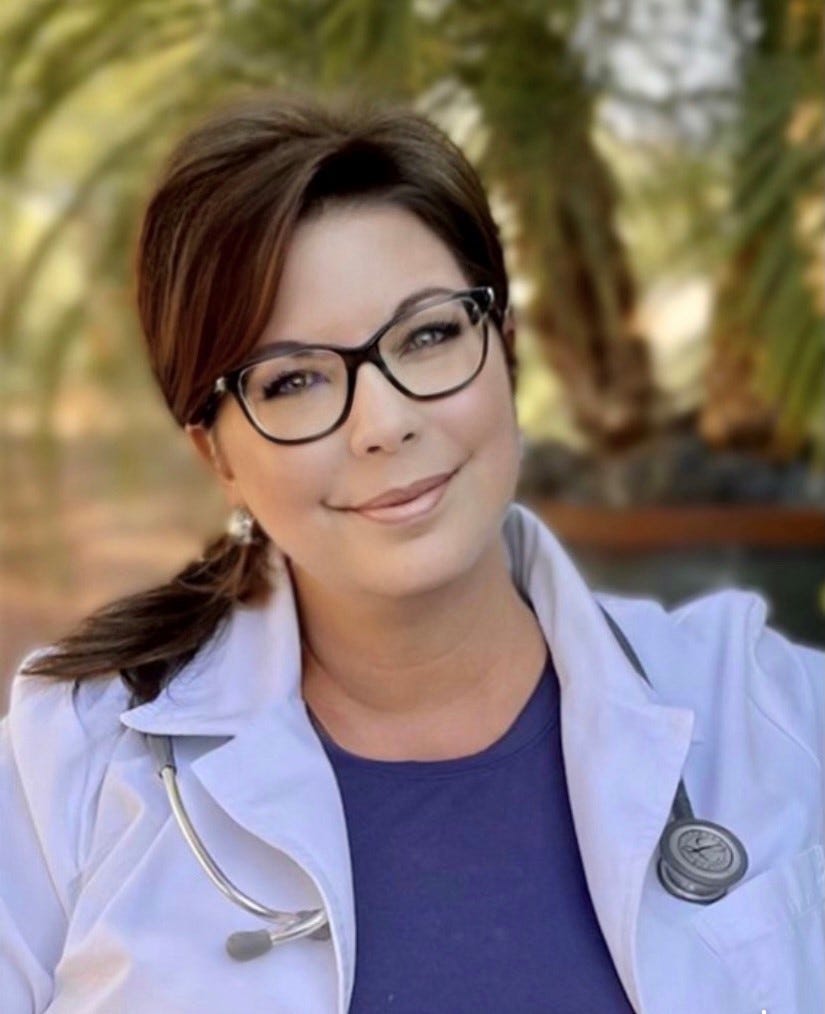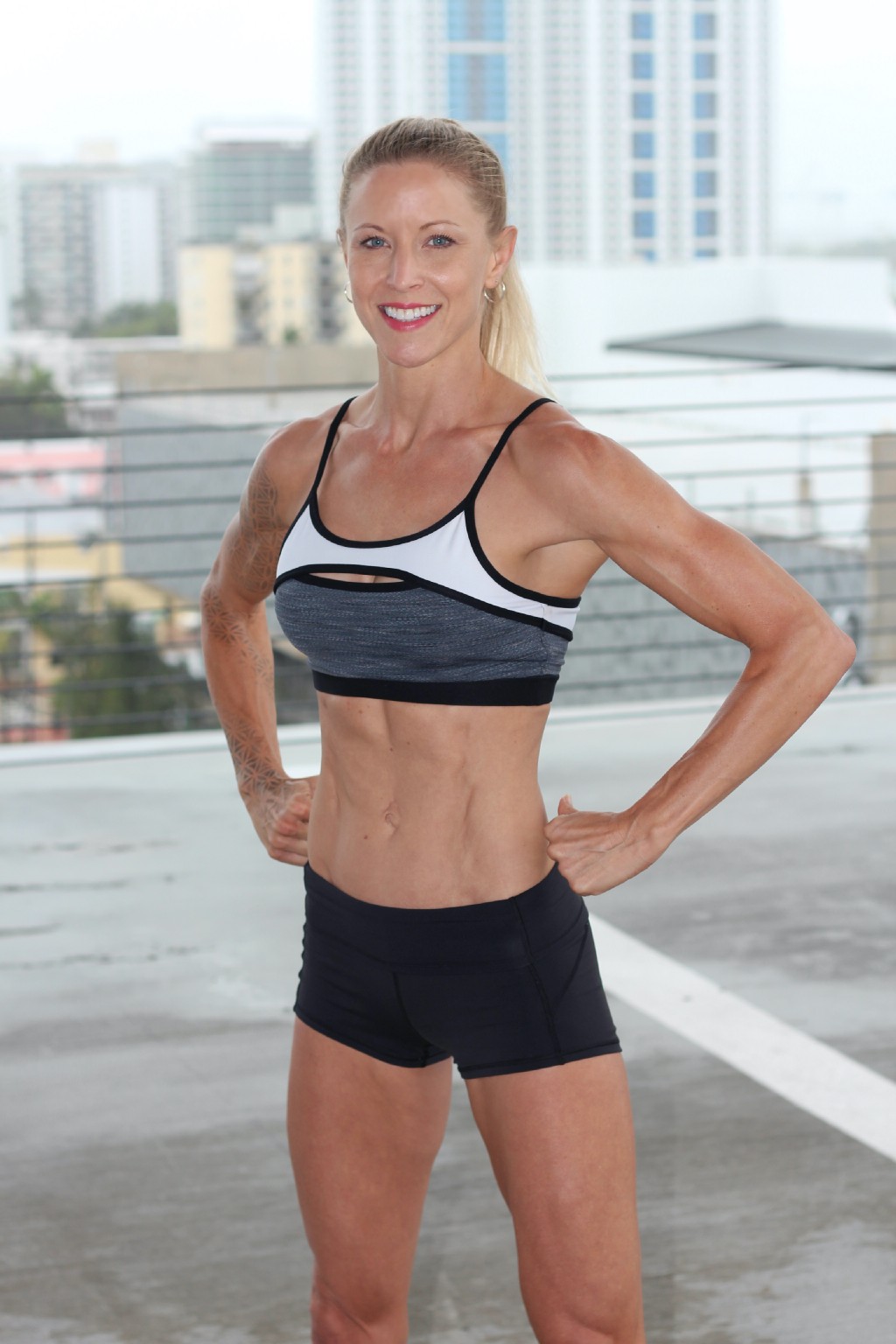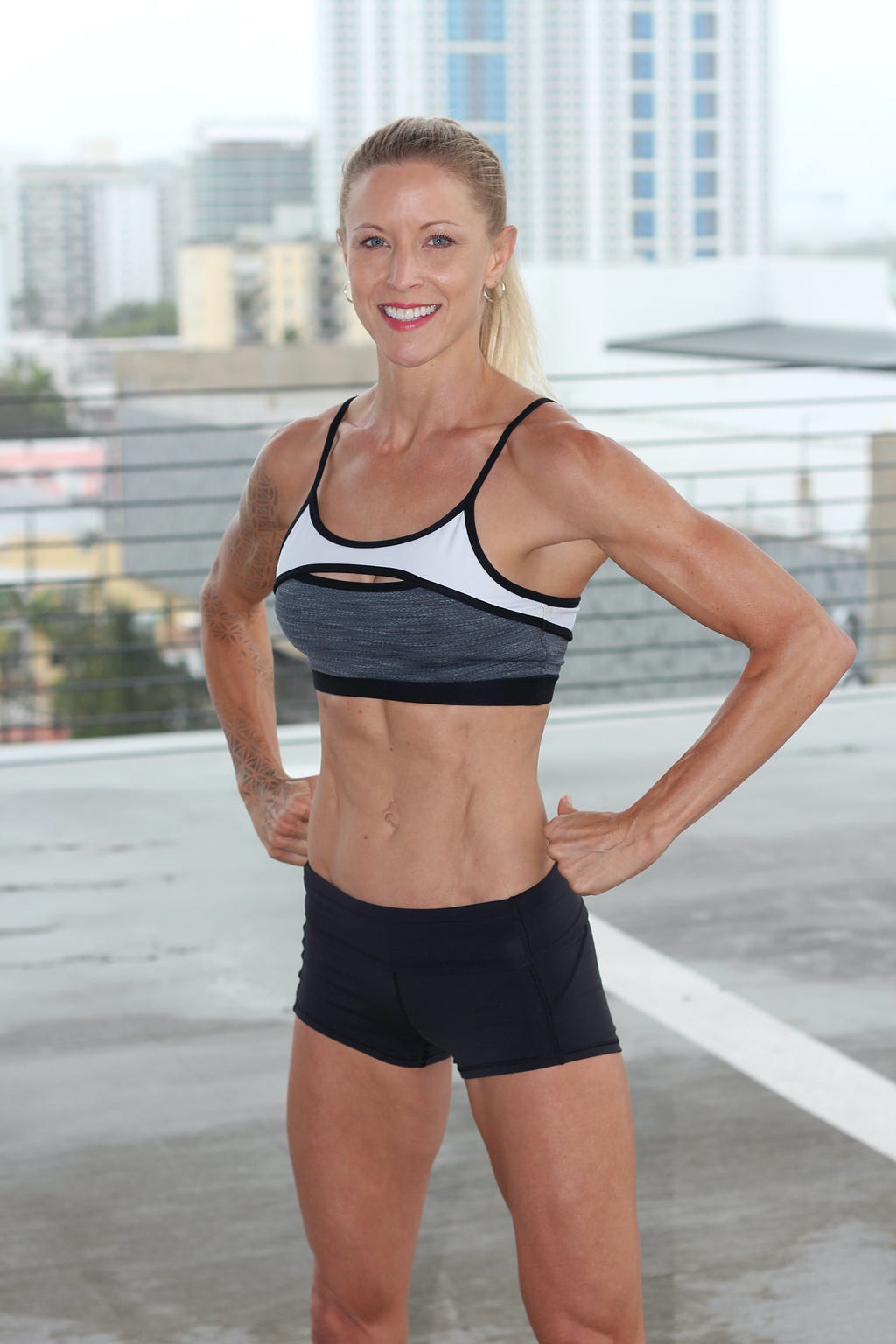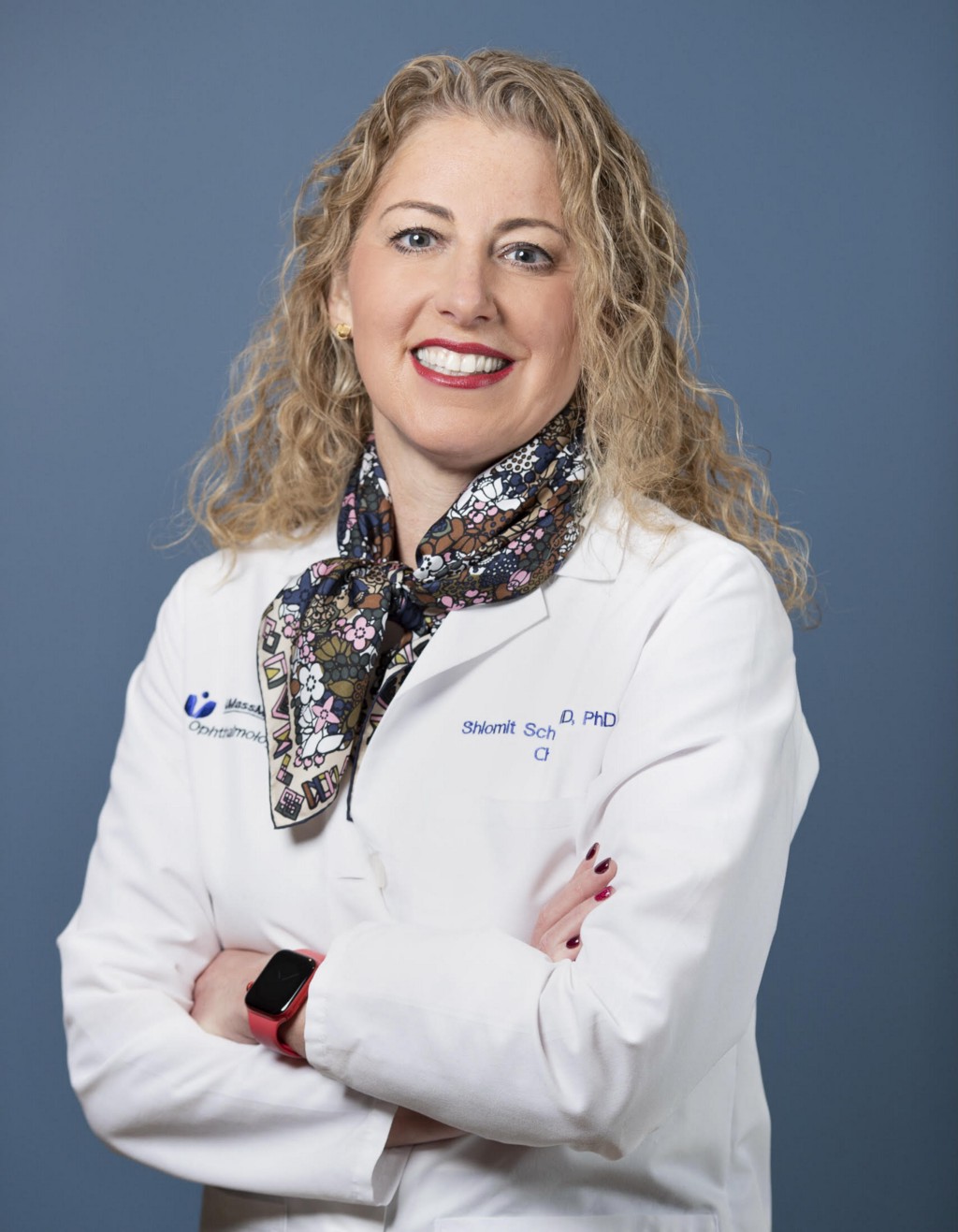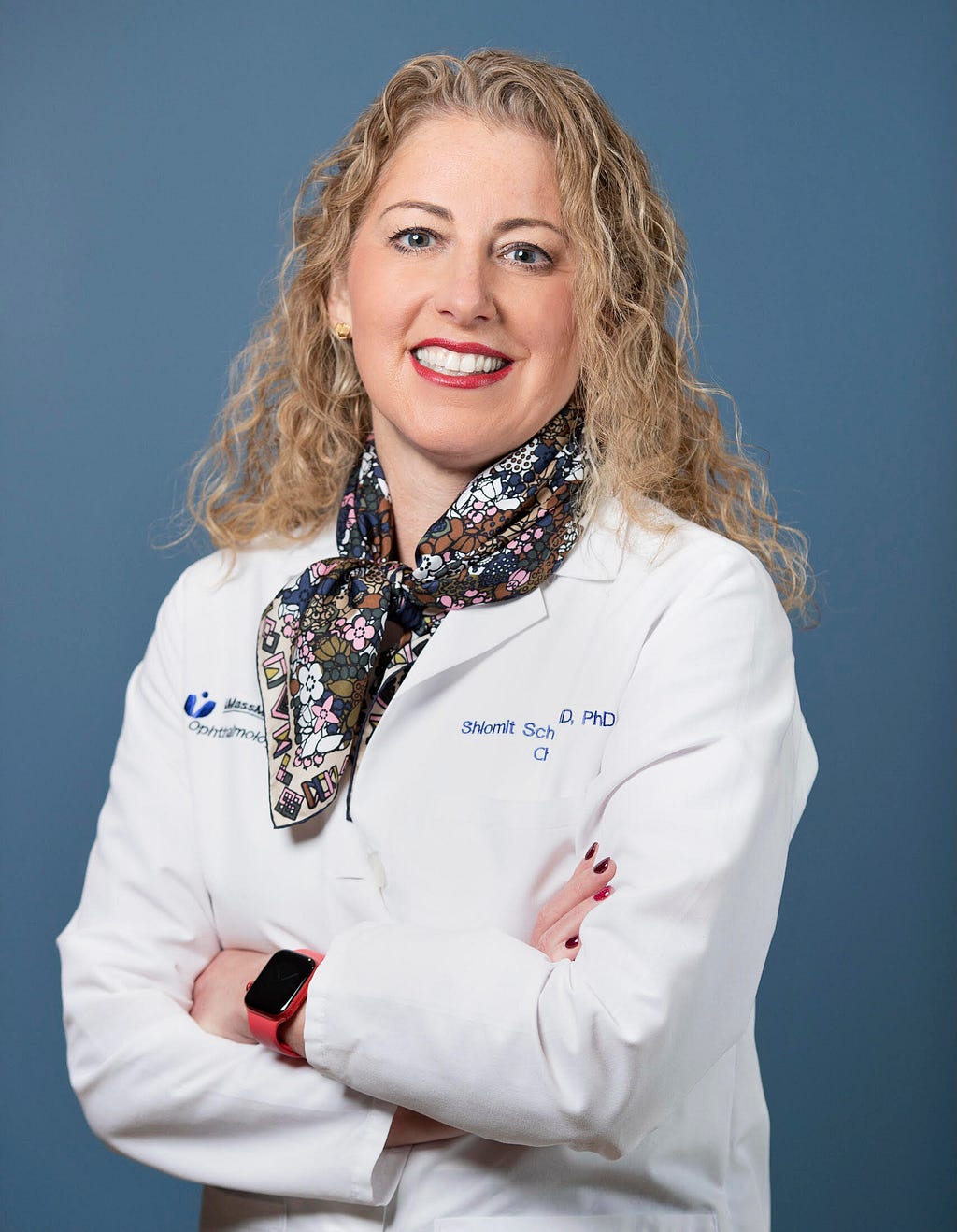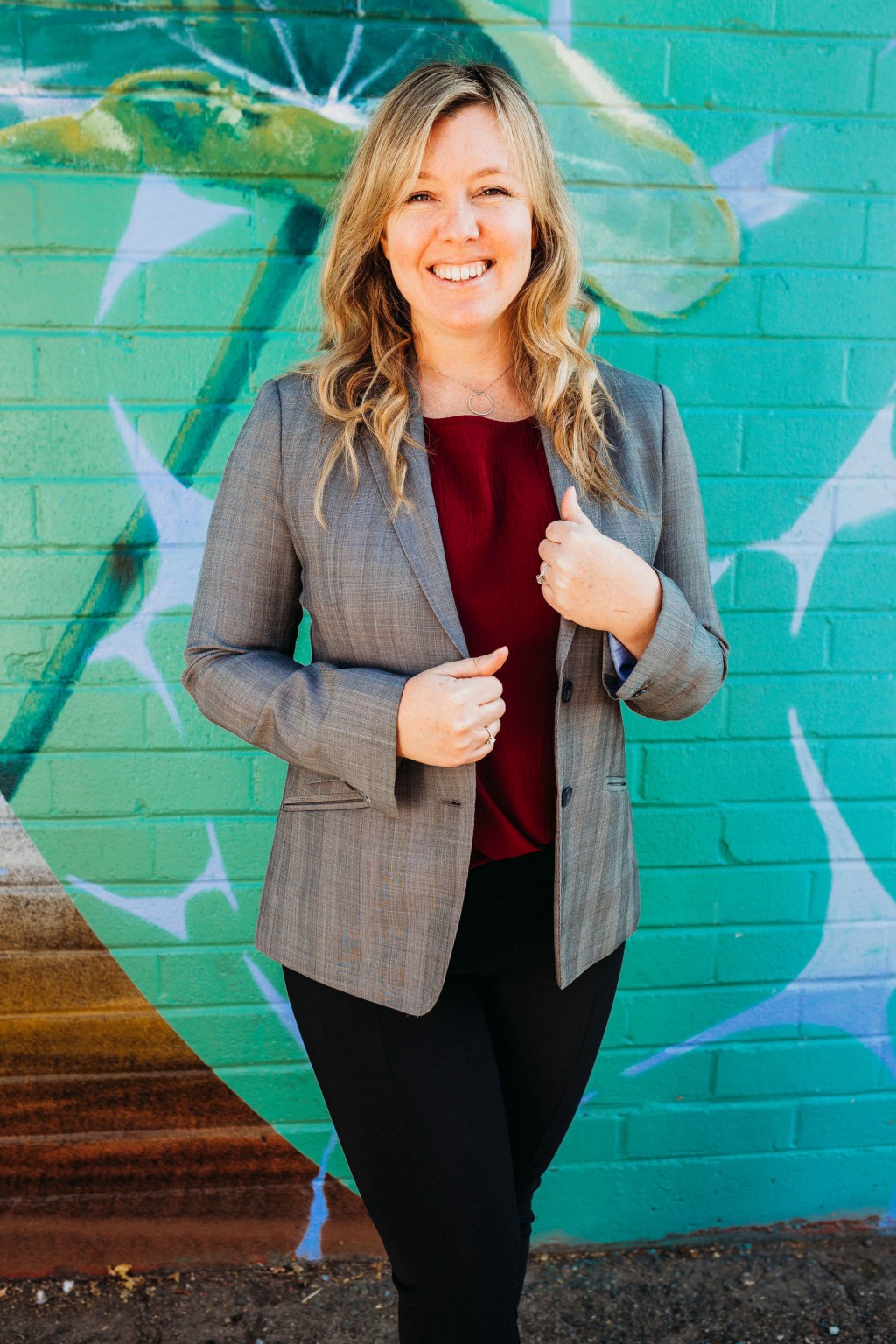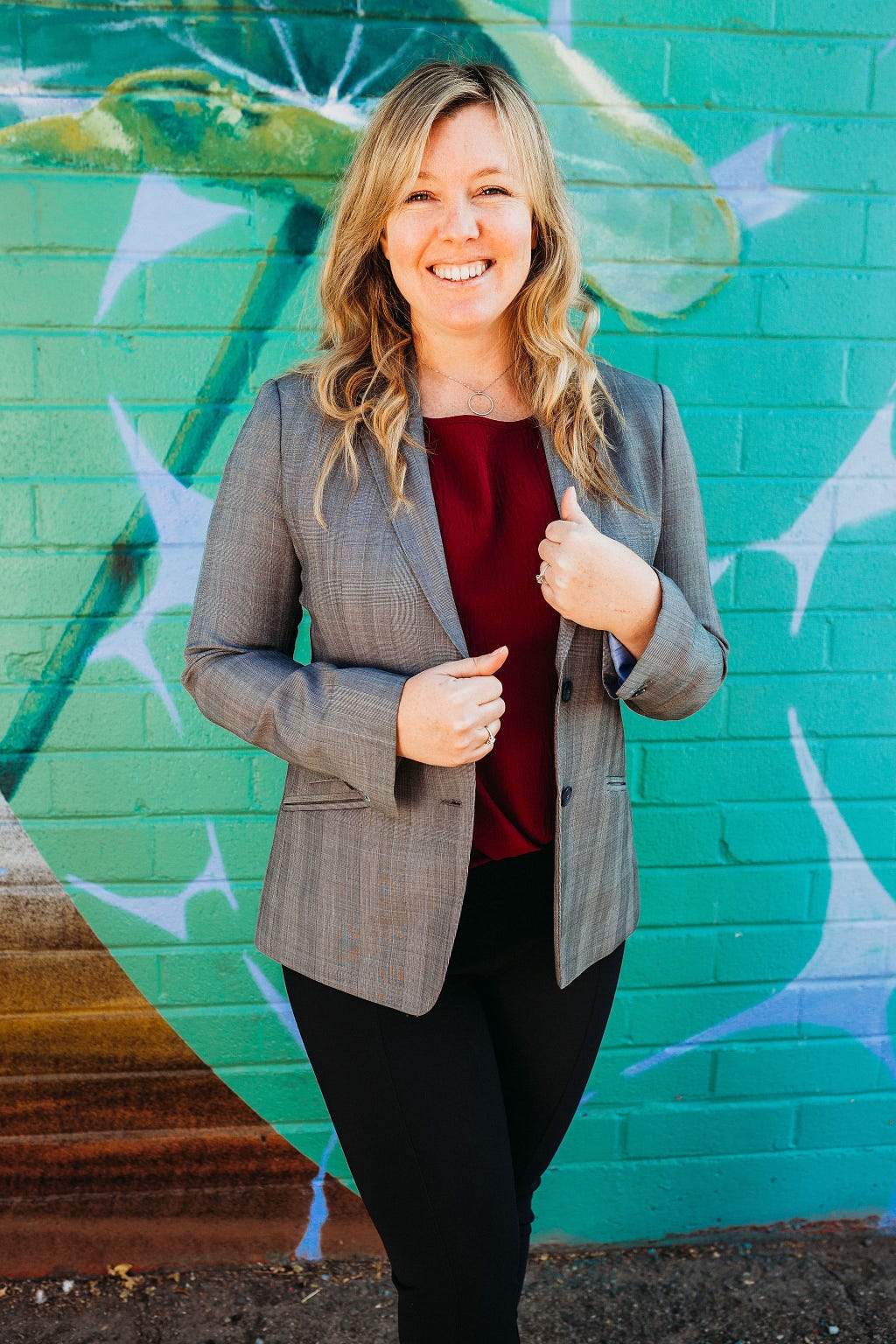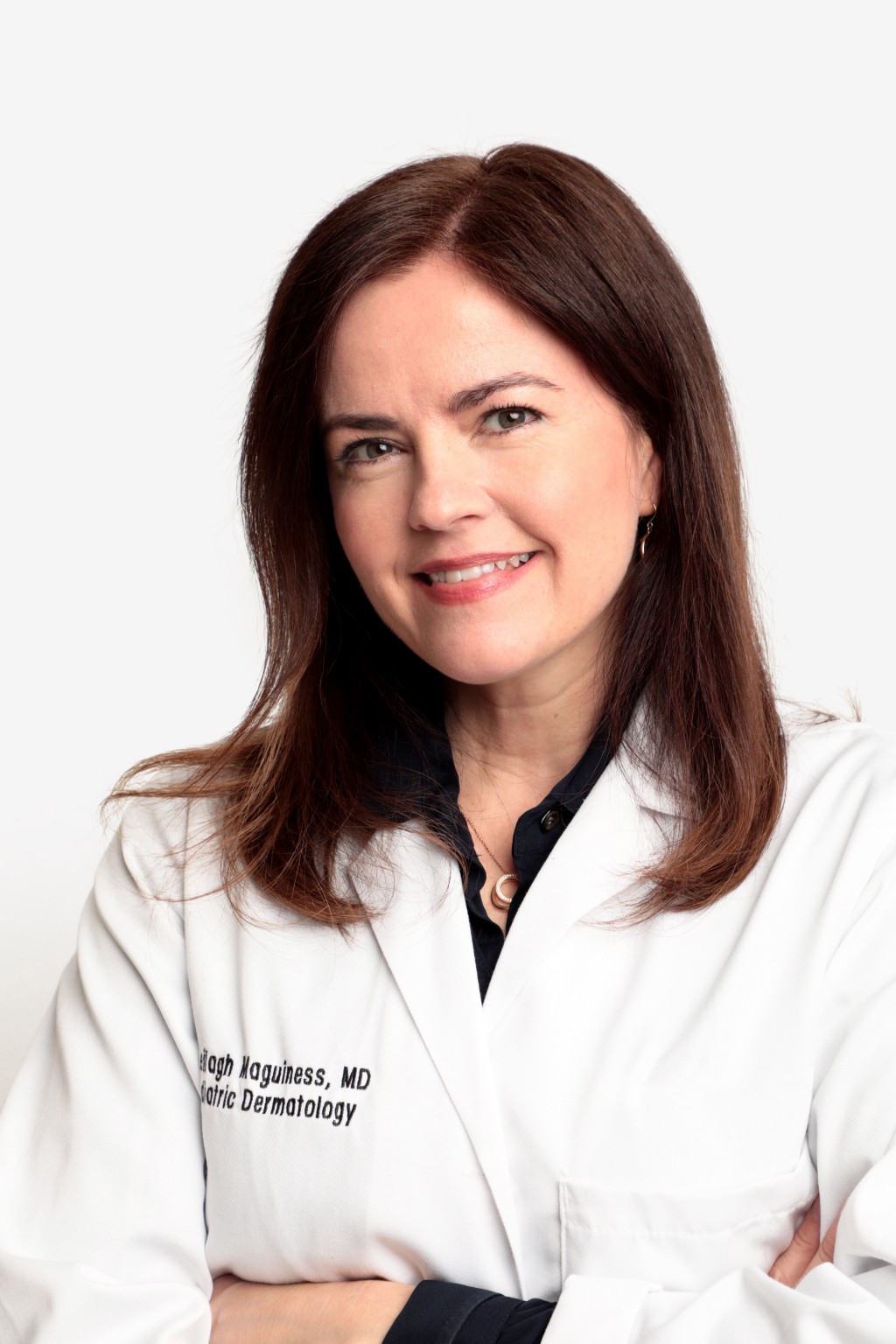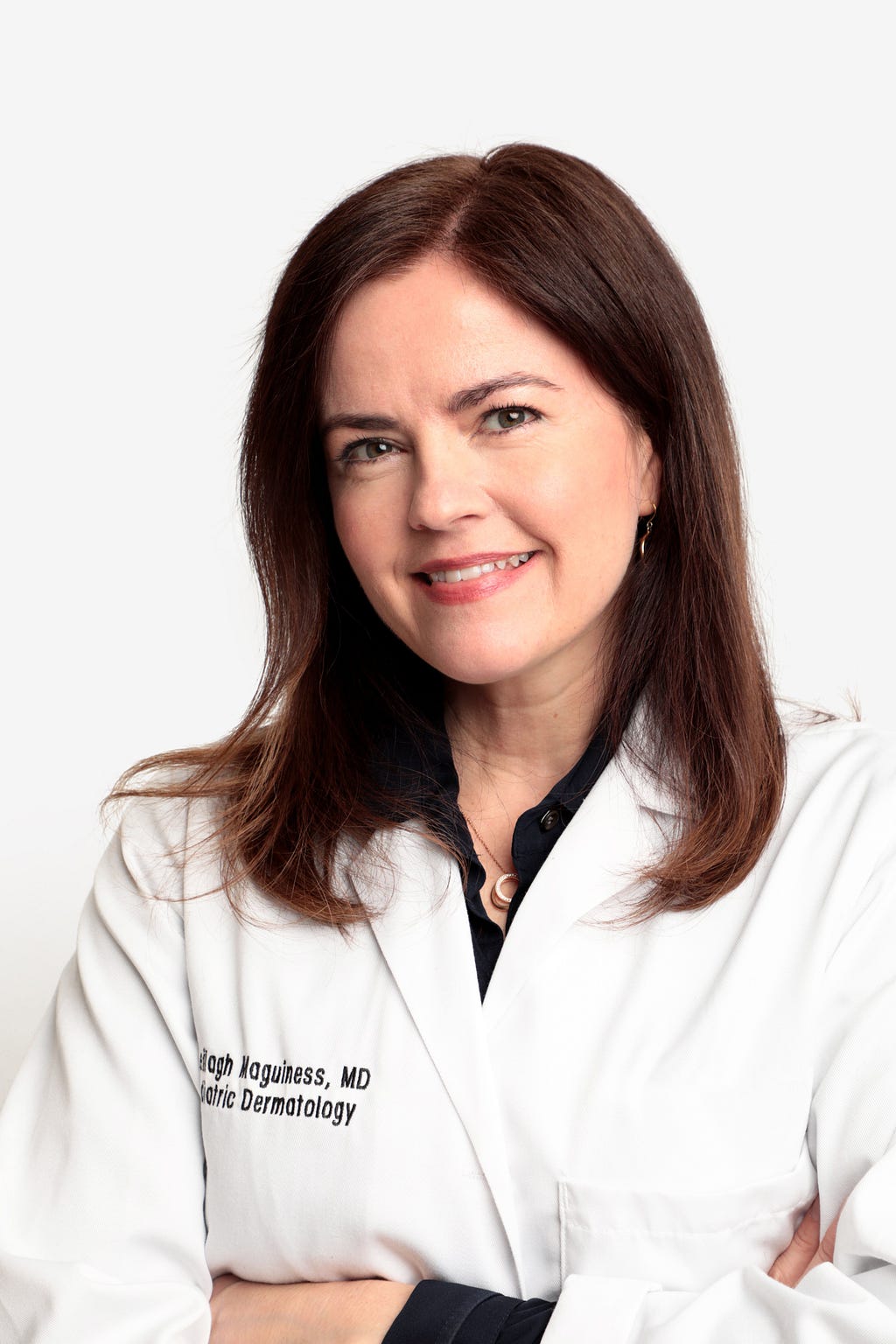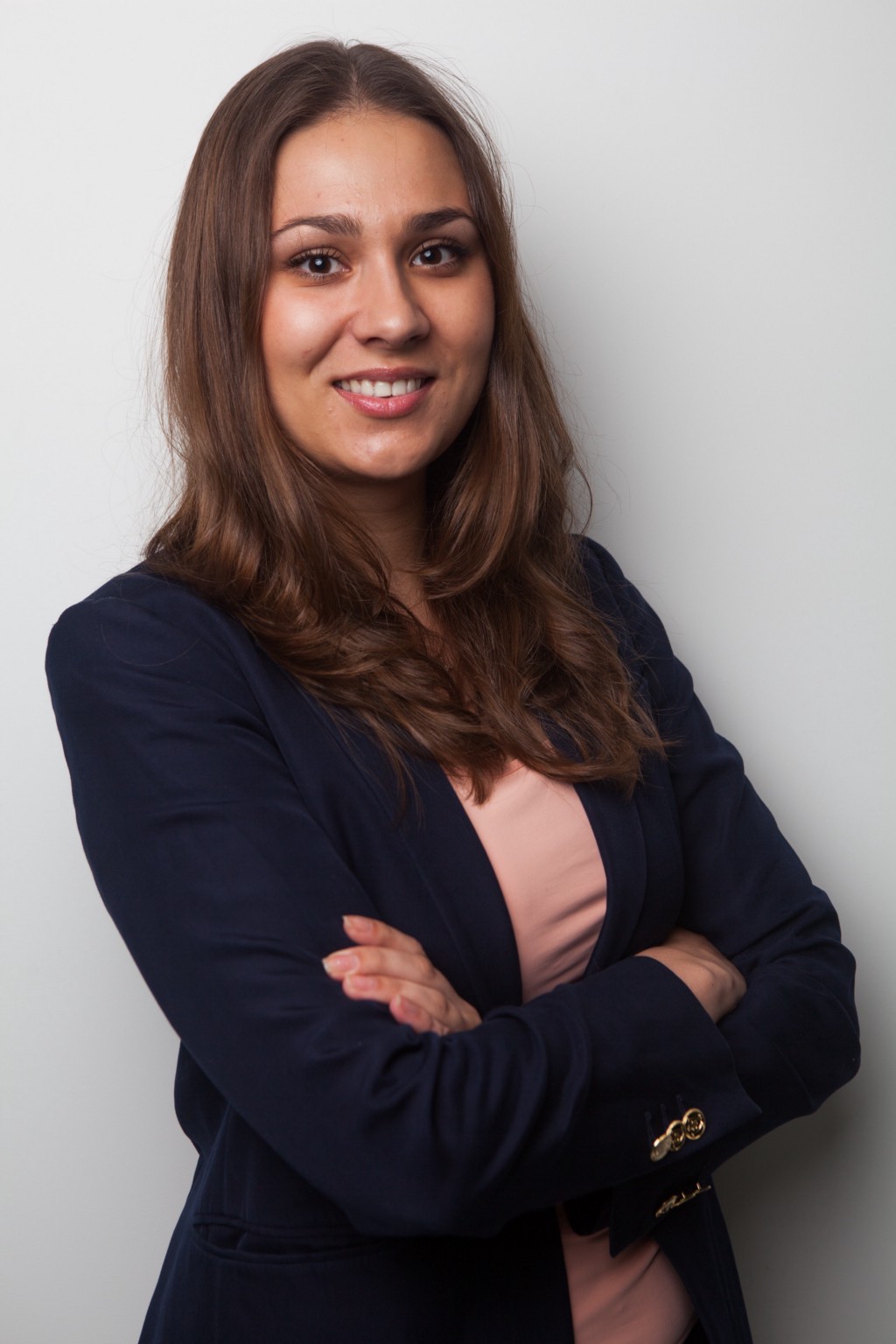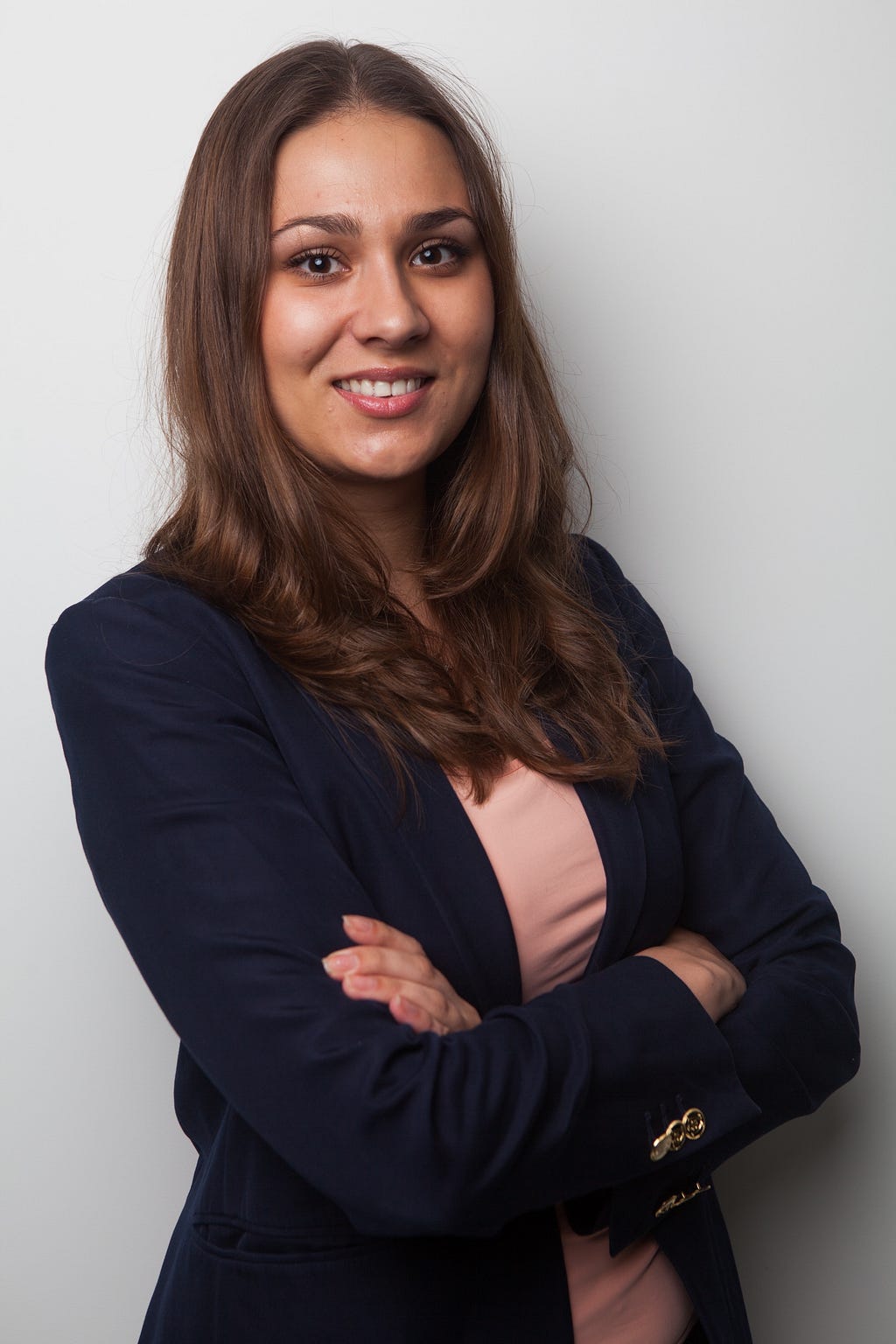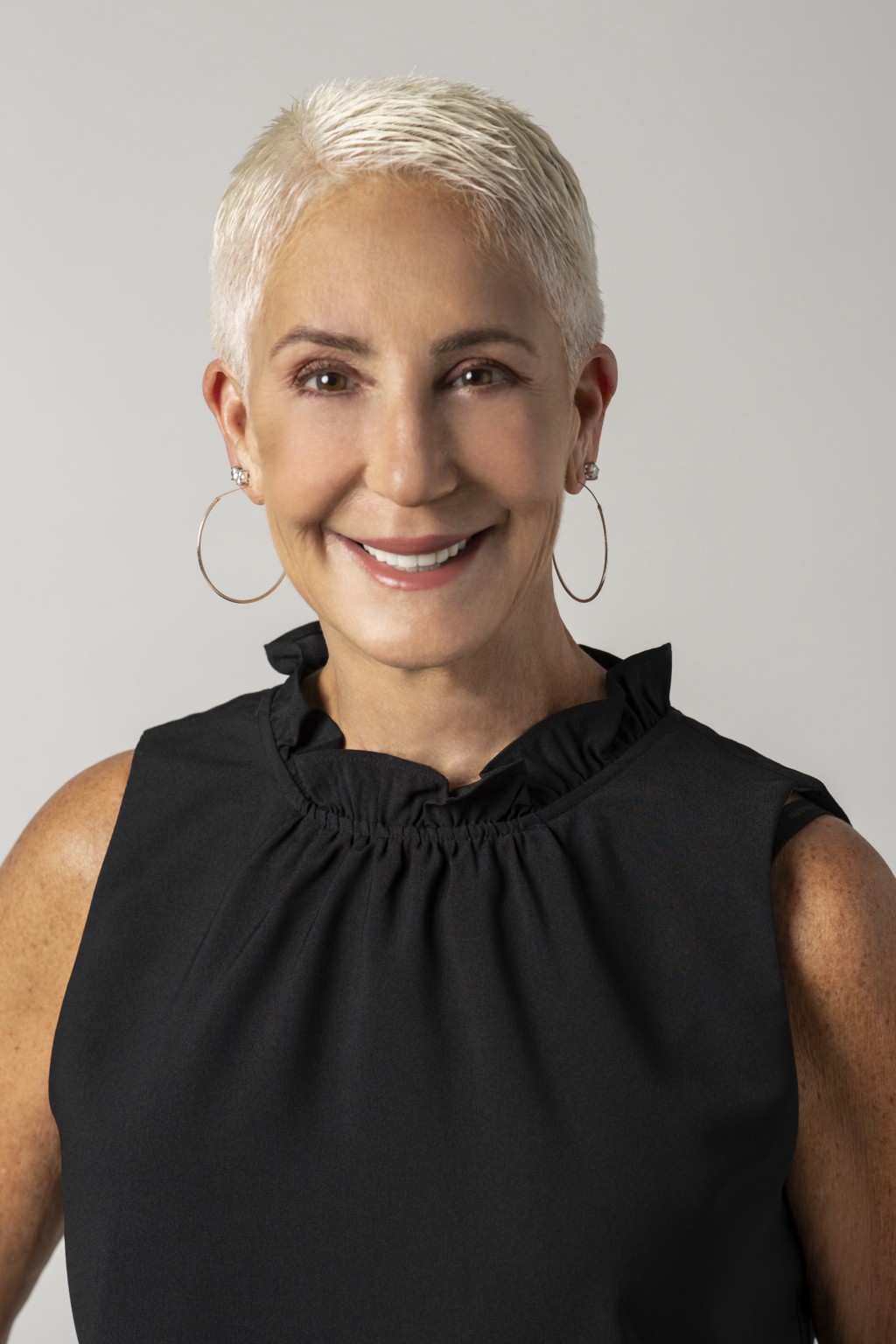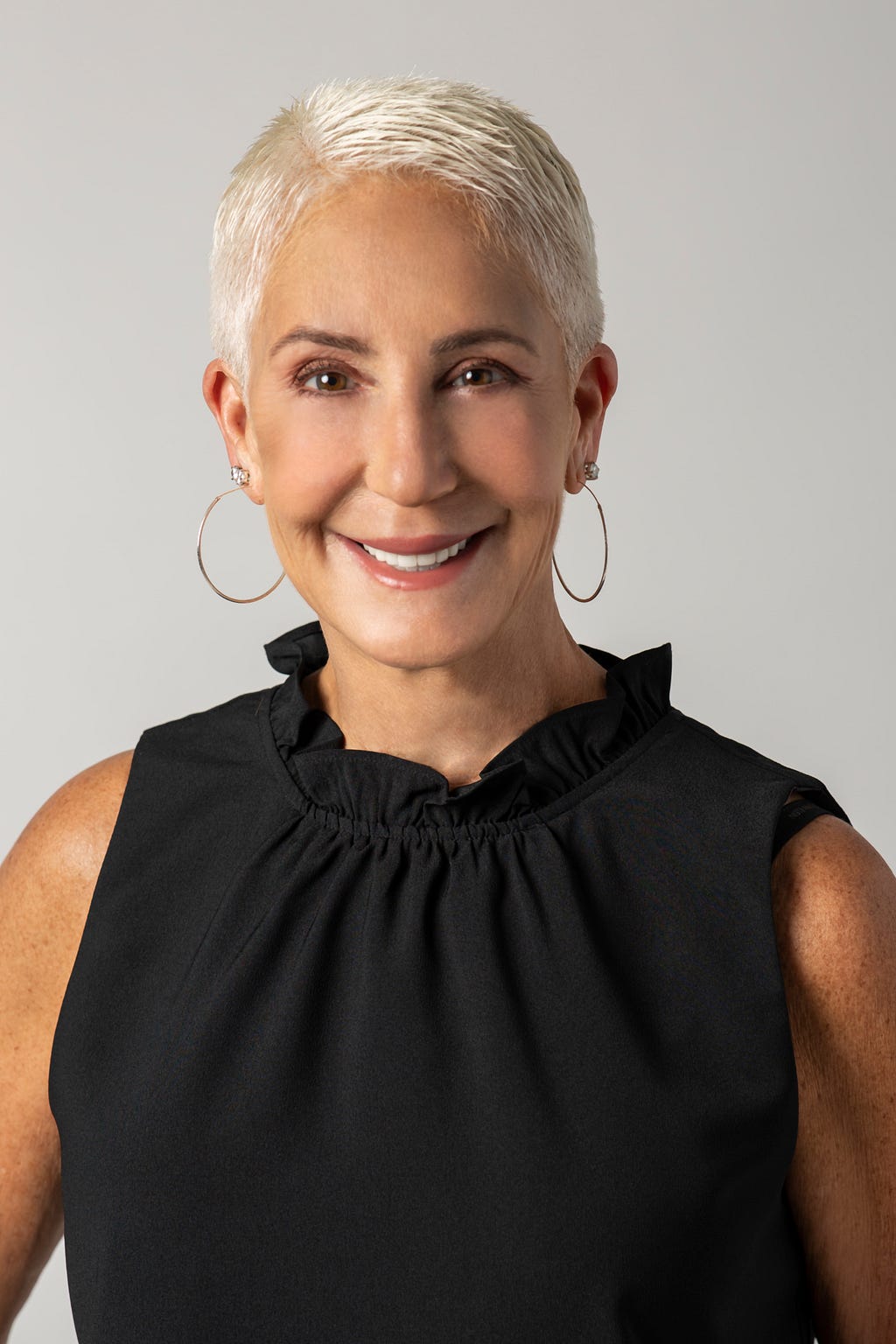Justin Benton of 101 Hemp: 5 Things I Wish Someone Told Me Before I Started Leading a Cannabis or CBD Business
An Interview With Candice Georgiadis
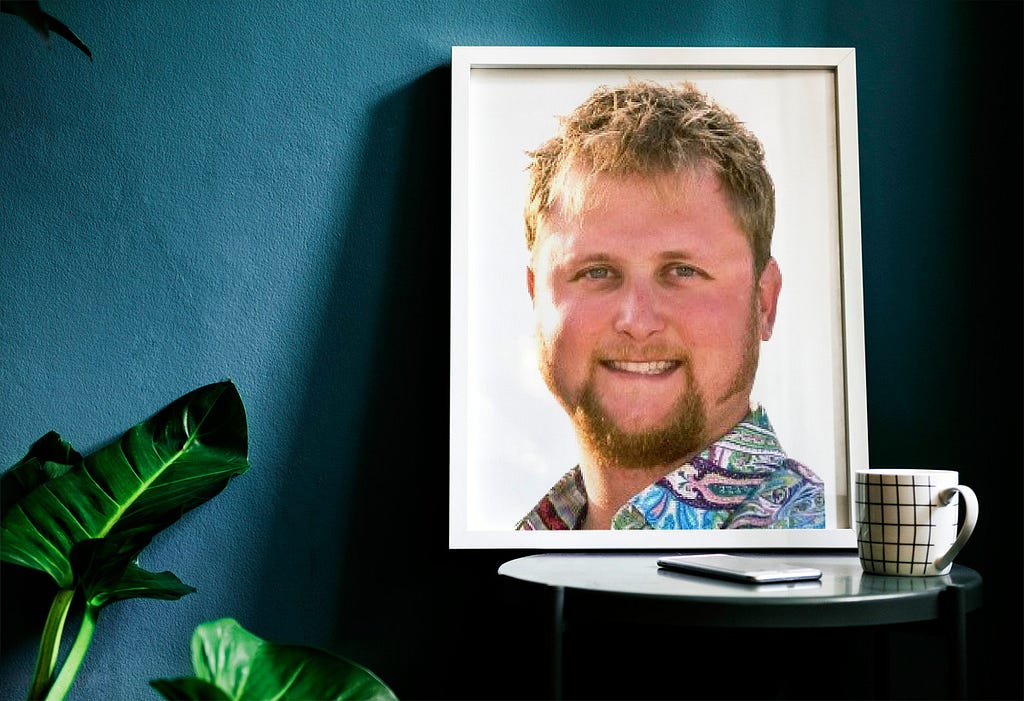
Niche down until it hurts then niche again. You want to be the Category King in your niche which many times mean creating a new category.
As part of my series about “5 Things I Wish Someone Told Me Before I Started Leading a Cannabis Business” I had the pleasure of interviewing Justin Benton.
Justin Benton, Investor, CEO & Founder of 101Hemp.org loves helping others, seeing them realize their potential & being a change for good. Justin Benton discovered the power of this miracle plant in its Raw form when it brought his child back from the fog so he committed his life’s work to pay it forward by educating the world about his story and how the hemp/cannabis plant can help billions of people around the world with its seemingly endless uses.
Thank you so much for doing this with us! Can you share with us the story about what brought you to this specific career path?
Our second child was born happy and healthy, we were having fun playing catch in the backyard, teaching him new words and having fun going to amusement parks and doing with you do with 3 year olds.
Then all of the sudden he stopped talking, starting playing by himself, stopped making eye contact and basically went into his own world. I thought it was just a phase, or he was having a growth spurt. My wife took him in for an evaluation then we can the phone call that changed our life forever. Our son had developed severe regressive Autism. Our whole world stopped.
We didn’t know what Autism really was, we did not know if he was ever going to be able to take care of himself, we didn’t know what to do, nobody prepares you for your child’s well-being coming into question.
We were getting advice from different agencies and what they were telling us was his diagnosis was something we would have to live with and manage but I was not willing to accept that. We started doing research and working with the best experts in the world and we began to try different things that were aligned with our holistic philosophy.
We were making some progress with cleaning up his diet and focusing on nutrition & supplements but we still had a long way to go. Then we got our big break we were praying for when we came across a miracle plant that was helping children with epilepsy and seizures. I figured if it could help kids with seizures which is neurological maybe by the grace of God it would help my son with his diagnosis which was neurological.
We tried many different products on the market but didn’t get the success we were praying for, but I wasn’t going to give up because if it was working for other kids I believed it could help mine. So, I decided to go all in on the hemp plant to learn as much as I could which meant meeting with experts, scientists and doctors with the most experience. Then I came across research showing how raw hemp-cannabis products were helping people with cancer. That was the Aha moment, all the companies we tried were heating and denaturing the plant.
So, we grew some high CBDa Hemp in our backyard. One morning we made a simple cold-pressed hemp oil and I brought it with us to a pumpkin patch for Halloween. My son was having a horrible time, screaming, hiding under benches, covering his ears, just miserable and over-whelmed in the social setting as many kids on the Autism Spectrum Disorder are. I grabbed the oil from my pocket and gave it to my wife and said let’s try this.
She gave it to him orally and literally 2 minutes later he snapped out of it! The grandparents came up to us and asked, “what was that you gave him that was amazing!” And that’s when we knew we had found what we were looking for and we are now happy to report our son no longer has his diagnosis due in large part to incorporating raw hemp oil along with a clean diet feeding his body the nutrients it needed to detoxify all the pesticides, heavy metals and toxins that had accumulated in his body.
Because our prayers were answered we set up 101Hemp.org to pay it forward to educate, give hope by sharing our story and access to the same products that worked for us.
Can you share the most interesting story that happened to you since you began leading your company? Can you tell us what lesson you learned from that?
We started our organization to help other families affected by Autism, but other people would find us because they heard this miracle plant could help with a whole host of ailments and diseases. One day a tall German woman in her 70’s walked into our office and said she would like to try our oil. We said sure may we ask what are you wanting to use it for? She said she had late-stage cancer and she did her research and said we had the best oil around and she was going to take our oil to treat herself. She said she would rather die than go through chemotherapy and radiation again.
I remember being blown away. I had heard CBD & cannabis could help with the symptoms of cancer treatments, but I didn’t know it could help battle cancer. We encouraged her to keep her doctor in the loop and we gave her our 50% off compassionate discount and asked her to keep in touch.
A few weeks would pass, and she would come back and get another bottle. Then a few more weeks would pass, and she would come in and get another bottle. We asked how she was doing, and she said “Great, I’m playing tennis 5-days week and I feel good!’ Then a couple more weeks passed, and she came in to get some more oil. Finally, we asked, have you checked in with your doctor or had any more tests? She said she had and that her tests were clean and that she was cancer free! We couldn’t believe it! She changed my understanding of this plant and how it can help our bodies get healthy especially when combined with a clean diet, proper hydration, exercise and getting enough sleep.
Can you share a story about the funniest mistake you made when you were first starting? Can you tell us what lesson you learned from that?
Since I came from the Online Business to Business World, I didn’t know we needed to get a city business license to operate. One day we got a visit from a lady with a clipboard and boots asking for our city permit (we were reported by a big chain store that also sold CBD). I gave her all my paperwork and she gave me a fix it ticket to get registered with the city.
So I went down to the city to register they said they didn’t allow CBD companies. So, this proceeded a 18 month battle with the city which finally after the passing of the 2018 Farm Bill they finally granted us one!
Are you working on any exciting projects now? How do you think that will help people?
With the exciting research coming out of Oregon State showing the potential of raw CBDa & CBGa protect us from getting viruses like Covid-19, it seems this plant knows no limits. We have a Boost X oil that has 8000% more CBDa than other products on the market and 400% more CBGa than other Full Spectrum products.
We are encouraged there are more studies coming out of places like the University of Chicago showing this miracle plant is helping people stay healthy and safe in these trying times.
None of us are able to achieve success without some help along the way. Is there a particular person who you are grateful towards who helped get you to where you are? Can you share a story?
When we got the call about my son’s severe Autism diagnosis the first call I made was to my mom. She’s a retired school psychologist who specialized helping kids with special needs, so I wanted her take on my son’s condition. When she flew out and agreed that’s when I knew we really had our work cut out for us.
My mom raised us holistically and the power of plant-based medicine. Fortunately she was also a certified Integrative Nutritionist so under her unique combination of skills and expertise she guided us on my son’s road to recovery.
I shudder to think where my son would be if it weren’t for my mom Janet Benton-Gaillard’s guidance and wisdom.
This industry is young dynamic and creative. Do you use any clever and innovative marketing strategies that you think large legacy companies should consider adopting?
Digital Marketing. Hire the best digital marketing agency with a great track record in the hemp/cannabis space. Reach out and I will be happy to answer any questions at [email protected]
Can you share 3 things that most excite you about the Cannabis industry? Can you share 3 things that most concern you?
- How this plant can help our bodies stay healthy
- How this plant can help us recover and become healthy again
- Innovation from all the wonderful people in the space, I can’t want to see what products and technology we come up with from the miracle plant.
- I’m concerned about Over-regulation
- The Big Companies being allowed to dominate the industry not leaving room for small and medium sized businesses
- I’m concerned with Big Pharma influencing the FDA and trying to take control of all Cannabinoids
Can you share your “5 Things I Wish Someone Told Me Before I Started Leading a Cannabis Business”? Please share a story or example for each.
- You better have a big enough Why to pull you through the tough times
- Get a great legal team that specializes in hemp/cannabis
- Figure out who your avatar or ideal customer is and make all of your decisions based on over delivering for them and that starts with asking them what they want.
- Niche down until it hurts then niche again. You want to be the Category King in your niche which many times mean creating a new category.
- Become a Marketing wizard or hire one.
What advice would you give to other CEOs or founders to help their employees to thrive?
Read Delivering Happiness by Tony Hsieh. Help your employees create and define your culture and only hire people that are a cultural fit and protect your culture like it was your child.
You are a person of great influence. If you could inspire a movement that would bring the most amount of good to the most amount of people, what would that be? You never know what your idea can trigger. 🙂
Teach everybody through our videos and access to seeds how to grow legal hemp in their backyard. As Jack Herer said, “Hemp may not save the world, But it’s the only thing that can!”
What is the best way our readers can follow you on social media?
Instagram @justin4hemp
This was very inspiring. Thank you so much for joining us!
Justin Benton of 101 Hemp: 5 Things I Wish Someone Told Me Before I Started Leading a Cannabis or… was originally published in Authority Magazine on Medium, where people are continuing the conversation by highlighting and responding to this story.


